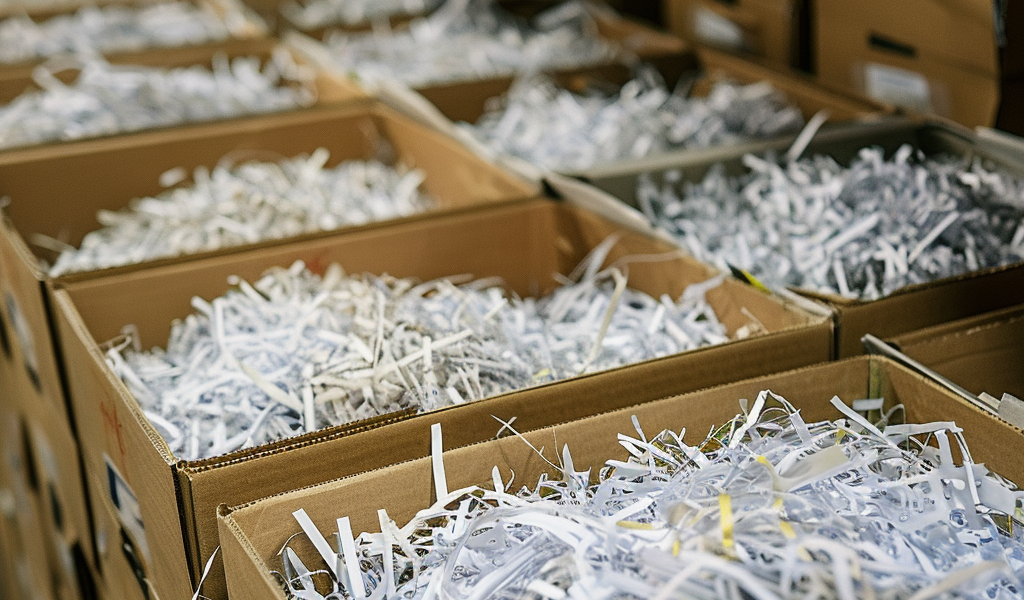
In an era where digital records are becoming the norm, the importance of safely storing physical documents at home remains significant. Legal papers, personal identification, and financial records are vital to your daily life and require careful management. Proper storage not only keeps them safe from physical damage but also ensures they are easily accessible when needed. This guide will walk you through the best practices for storing important documents at home:
Identifying and Organising Important Documents
The first step in managing your important documents is identifying which ones you need to keep. Essential documents often include:
- Personal Identification: Birth certificates, passports, Social Security cards, and marriage certificates.
- Financial Records: Tax returns, bank statements, investment records, mortgage documents, and insurance policies.
- Legal Papers: Wills, power of attorney documents, property deeds, and custody agreements.
- Medical Records: Immunisation records, health insurance information, and medical history.
Once identified, organise these documents into categories for easy access. Use labelled folders, binders, or file cabinets, and consider colour coding for quick identification. Creating an inventory list of your documents will help you keep track of what you have and where it’s stored.
Using a Safe or Lockbox
To protect your documents from common threats such as fire, water damage, and theft, invest in a high-quality safe or lockbox. Here are key features to look for:
- Fireproof Rating: A safe that can withstand high temperatures for extended periods will protect your documents from fire damage.
- Waterproof Features: Ensuring the safe is waterproof will protect your documents from floods and leaks.
- Size and Capacity: Choose a safe that accommodates all your important documents and has room for additional items like digital backups or valuable items.
- Lock Mechanism: Opt for a secure locking mechanism, such as a combination lock, digital keypad, or biometric lock, to enhance security.
Creating Digital Backups
If you want an extra layer of security, digital backups of your important documents are a great way to go. Use a high-quality scanner or camera to create clear digital copies of each document, ensuring all details are legible. Name your files clearly and organise them into folders that mirror your physical document organisation.
Store digital copies on multiple platforms for redundancy, such as external hard drives, USB drives, and cloud storage services. Ensure these storage devices are also stored securely, possibly in the same fireproof safe.
Leveraging Cloud Storage Services
Cloud storage services offer secure, accessible, and convenient storage for digital documents. Reputable cloud storage providers like Google Drive, Dropbox, or OneDrive offer robust security features.
Enhance security by enabling two-factor authentication for your cloud storage accounts, scheduling regular backups of your digital documents to the cloud, and encrypting particularly sensitive documents before uploading them. Cloud storage ensures that your documents are safe from physical damage and accessible from anywhere.
Protecting Against Physical Damage
To protect your documents from physical damage beyond using a safe, follow these guidelines:
- Avoid Basements and Attics: These areas are prone to humidity, flooding, and temperature fluctuations. Store your documents in a cool, dry, and stable environment.
- Use Acid-Free Materials: Store documents in acid-free folders and envelopes to prevent deterioration over time.
- Laminating: For frequently handled documents, consider laminating them to protect against wear and tear.
Maintaining Privacy and Security
Keeping your documents safe also means ensuring they remain private. Here are some tips for maintaining security:
- Limit Access: Only allow trusted individuals to access your important documents.
- Use Strong Passwords: For digital files, use strong passwords and two-factor authentication.
- Shred Unneeded Documents: For documents that you no longer need but contain sensitive information, use a secure shredding service.
The Importance of Secure Shredding Services
As part of maintaining security, it’s essential to dispose of documents you no longer need in a way that protects your personal information. Secure shredding services like the type we provide here at Squab Shredding are a reliable method for this. These services ensure that documents are destroyed beyond recovery, protecting your sensitive information from identity theft or misuse.
A Comprehensive Approach
Properly storing important documents at home involves a combination of physical security, digital backups, and strategic organisation. By using a fireproof and waterproof safe, creating digital copies, leveraging cloud storage, and considering off-site storage options, you can protect your vital records from damage, loss, and theft.
Regularly reviewing and updating your document storage system will provide peace of mind and ensure that you’re always prepared for the unexpected. Incorporating secure shredding services for disposing of sensitive documents adds an extra layer of security, protecting your personal information from potential threats. With these comprehensive strategies, you can maintain the safety and integrity of your important documents for years to come.
Latest news articles


